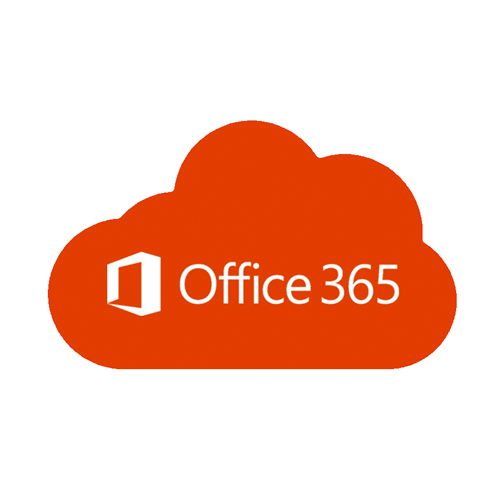What is the difference between OEM, RETAIL and ESD license?
OEM, RETAIL, and ESD are different types of Windows licenses with varying terms of use and activation methods. Here are the key differences between these types of licenses:
- OEM License: An OEM (Original Equipment Manufacturer) license is a Windows license that is pre-installed by the computer manufacturer on a new computer. These licenses are sold in bulk to computer manufacturers and are tied to the specific computer they are installed on. They cannot be transferred to another computer, and the license is tied to the hardware it was originally installed on.
- Retail License: A retail license is a Windows license that is sold to an individual or organization for personal or business use. Retail licenses can be transferred to another computer, as long as the license is removed from the previous computer. Retail licenses are sold at a higher price compared to OEM licenses.
- ESD License: An ESD (Electronic Software Download) license is a digital license that is purchased directly from Microsoft or an authorized retailer. ESD licenses are delivered digitally and can be used to activate Windows on a new or existing computer. These licenses are tied to a Microsoft account and can be easily transferred to another computer. ESD licenses are sold at the same price as retail licenses.
In summary, OEM licenses are tied to the hardware they were originally installed on and cannot be transferred, retail licenses can be transferred to another computer, and ESD licenses are digital licenses that can be used to activate Windows on a new or existing computer and can be transferred easily.



 Windows 11
Windows 11 Windows 10
Windows 10 Windows 8
Windows 8 Windows 7
Windows 7 Windows XP
Windows XP
 Microsoft 365
Microsoft 365 Office 2019
Office 2019 Office 2013
Office 2013 Office 2010
Office 2010 Project 2021
Project 2021 Project 2019
Project 2019 Project 2016
Project 2016 Visio 2021
Visio 2021 Visio 2019
Visio 2019 Visio 2016
Visio 2016
 Server 2008
Server 2008 SQL Server
SQL Server
 Avast
Avast Utility & Tools
Utility & Tools PDF Editor
PDF Editor CAD & 3D, 2D
CAD & 3D, 2D Graphics/Drawing
Graphics/Drawing Microsoft 365
Microsoft 365 Office 2021
Office 2021 Office 2019
Office 2019 Office 2013
Office 2013 Office 2010
Office 2010 Server
Server
